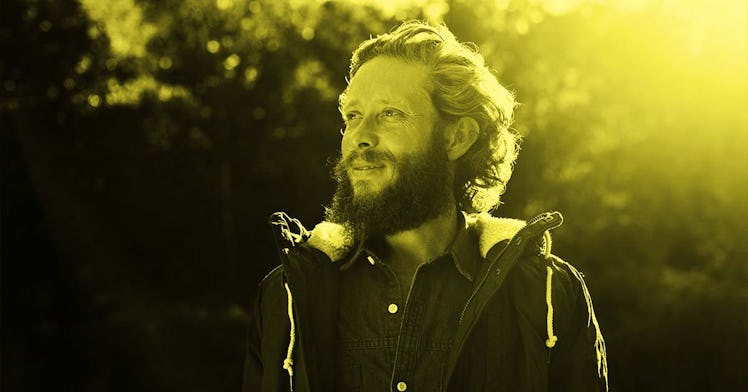5 Ways to Be More Hopeful, According to a Positive Psychologist
If ever there were a time for a conversation about hope, it is now.

The raging coronavirus pandemic, along with political turbulence and uncertainty, have overwhelmed many of us.
From almost the start of 2020, people have been faced with bleak prospects as illness, death, isolation and job losses became unwelcome parts of our reality. On Wednesday, many of us watched in horror and despair as insurgents stormed the U.S. Capitol.
Indeed, all through these times, both the dark and bright sides of human nature were evident as many people engaged in extraordinary compassion and courage when others were committing acts of violence, self-interest or greed.
This article is republished from The Conversation under a Creative Commons license. Read the original article. Read the original article, by Jacqueline S. Mattis, Dean of Faculty at Rutgers University Newark.
Hope vs. optimism
The Psychology of HopeOptimism is differentCharles Carveroptimism
1. Do something – start with goals
clear, achievable goalspsychologists such as Snyder and othersadaptEddie Tongwritesbelief that one is capable
2. Harness the power of uncertainty
3. Manage your attention
psychologistLucas Kelberer and his colleaguesoptimists tended to seek out positive images, such as that of happy peoplesad or threatening information